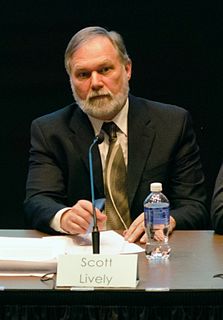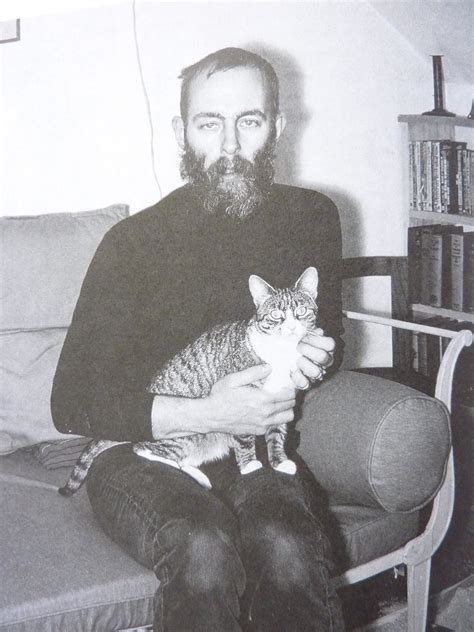A Quote by Octave Mirbeau
You're obliged to pretend respect for people and institutions you think absurd. You live attached in a cowardly fashion to moral and social conventions you despise, condemn, and know lack all foundation.
Related Quotes
I am far more concerned about policies of the Democratic administration and Democratic Party that infringe on the rights of religious institutions and practices and open the door for using taxpayer dollars for abortions, to which many Americans have profound moral objections. Those are steps that would show a lack of respect for Catholics and their institutions.
When people criticize me for not having any respect for existing structures and institutions, I protest. I say I give institutions and structures and traditions all the respect that I think they deserve. That's usually mighty little, but there are things that I do respect. They have to earn that respect. They have to earn it by serving people. They don't earn it just by age or legality or tradition.
The child says, "Well geesh, the institutions that I'm supposed to respect - the church and the government - they're telling me things that don't appear to be true. Either I'm crazy or they're crazy." That creates the Absurd Child. The Absurd Child is one who says, "Well, I think they're crazy." So you live in this state of alienation from your culture and your society and your family because you see this rampant bullshit around you.
Transcendence or detachment, leaving the body, pure love, lack of jealousy-that's the vision we are given in our culture, generally, when we think of the highest thing. . . . Another way to look at it is that the aim of the person is not to be detached, but to be more attached-to be attached to working; to be attached to making chairs or something that helps everyone; to be attached to beauty; to be attached to music.
If you're looking for like, a pure base for your behavior on stage, maybe it's better to say, "Yeah, you're not obliged to pretend. But, you're also obliged to not pretend." So you have access to both sides, if you will. It's never a pure binary thing, but you can pretend. If you have total agency as a performer, then both are at your disposal.
People come to have different moral beliefs because they have different non-moral beliefs about relevant facts. People are disposed to believe whatever justifies the practices and institutions that benefit them. But I argue that not all moral differences can be explained away in such a fashion. Some of the most profound disagreements come from differences in priority assigned to values such as relationship and community on the one hand, and individual rights and personal autonomy for the individual, on the other hand.
What we have forgotten is that thoughts and words are conventions, and that it is fatal to take conventions too seriously. A convention is a social convenience, as, for example, money ... but it is absurd to take money too seriously, to confuse it with real wealth ... In somewhat the same way, thoughts, ideas and words are "coins" for real things.







































